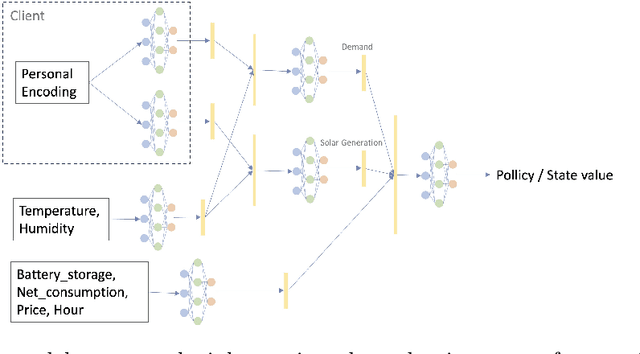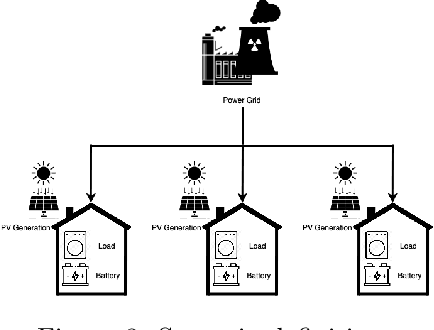Nicolas Mauricio Cuadrado
Fishing For Cheap And Efficient Pruners At Initialization
Feb 17, 2025Abstract:Pruning offers a promising solution to mitigate the associated costs and environmental impact of deploying large deep neural networks (DNNs). Traditional approaches rely on computationally expensive trained models or time-consuming iterative prune-retrain cycles, undermining their utility in resource-constrained settings. To address this issue, we build upon the established principles of saliency (LeCun et al., 1989) and connection sensitivity (Lee et al., 2018) to tackle the challenging problem of one-shot pruning neural networks (NNs) before training (PBT) at initialization. We introduce Fisher-Taylor Sensitivity (FTS), a computationally cheap and efficient pruning criterion based on the empirical Fisher Information Matrix (FIM) diagonal, offering a viable alternative for integrating first- and second-order information to identify a model's structurally important parameters. Although the FIM-Hessian equivalency only holds for convergent models that maximize the likelihood, recent studies (Karakida et al., 2019) suggest that, even at initialization, the FIM captures essential geometric information of parameters in overparameterized NNs, providing the basis for our method. Finally, we demonstrate empirically that layer collapse, a critical limitation of data-dependent pruning methodologies, is easily overcome by pruning within a single training epoch after initialization. We perform experiments on ResNet18 and VGG19 with CIFAR-10 and CIFAR-100, widely used benchmarks in pruning research. Our method achieves competitive performance against state-of-the-art techniques for one-shot PBT, even under extreme sparsity conditions. Our code is made available to the public.
FRESCO: Federated Reinforcement Energy System for Cooperative Optimization
Mar 27, 2024Abstract:The rise in renewable energy is creating new dynamics in the energy grid that promise to create a cleaner and more participative energy grid, where technology plays a crucial part in making the required flexibility to achieve the vision of the next-generation grid. This work presents FRESCO, a framework that aims to ease the implementation of energy markets using a hierarchical control architecture of reinforcement learning agents trained using federated learning. The core concept we are proving is that having greedy agents subject to changing conditions from a higher level agent creates a cooperative setup that will allow for fulfilling all the individual objectives. This paper presents a general overview of the framework, the current progress, and some insights we obtained from the recent results.
Generalized Policy Learning for Smart Grids: FL TRPO Approach
Mar 27, 2024



Abstract:The smart grid domain requires bolstering the capabilities of existing energy management systems; Federated Learning (FL) aligns with this goal as it demonstrates a remarkable ability to train models on heterogeneous datasets while maintaining data privacy, making it suitable for smart grid applications, which often involve disparate data distributions and interdependencies among features that hinder the suitability of linear models. This paper introduces a framework that combines FL with a Trust Region Policy Optimization (FL TRPO) aiming to reduce energy-associated emissions and costs. Our approach reveals latent interconnections and employs personalized encoding methods to capture unique insights, understanding the relationships between features and optimal strategies, allowing our model to generalize to previously unseen data. Experimental results validate the robustness of our approach, affirming its proficiency in effectively learning policy models for smart grid challenges.
 Add to Chrome
Add to Chrome Add to Firefox
Add to Firefox Add to Edge
Add to Edge